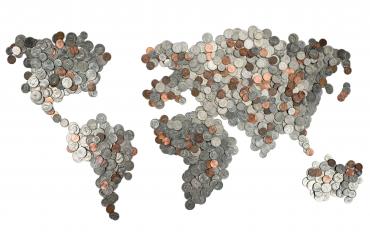
Public Economics
-

How oil royalties have shaped education and labour markets in Ecuador
In Ecuador, royalties from oil extraction have increased average educational attainment and generated good jobs in the formal sector, despite reducing incentives to pursue tertiary education.
-

How can lower-income countries collect more taxes?
Governments must make targeted investments in their tax capacity to increase tax revenues
-

How equitable are taxes in low- and middle-income countries?
What roles does taxation play in reducing high levels of inequality in low- and middle-income countries?
-

VAT in developing countries: flawed, but irreplaceable
Informality, compliance costs, and weak administrative capacity all constrain the effectiveness of VAT in lower-income countries. However, it is a crucial source of revenue that is better than the alternatives, so governments should focus on reforms that make the VAT more efficient.
-

Why digital transactions aren’t a silver bullet for tax compliance: Evidence from Uruguay
Electronic payment cards leave a digital trail that can be used for tax enforcement, but tax compliance may not increase if firms also trade in cash
-

VAT distortions in India
When thinking about VAT incidence in countries with high registration thresholds it is important to consider the impact on VAT-unregistered firms. Their interaction with the VAT system matters for progressivity and introduces distortionary effects on product quality.
-

The impacts of a non-contributory government pension in Chile
A non-contributory government pension in Chile raised life expectancy of the elderly poor, increasing food consumption and visits to health centres, and also had important knock-on effects on relatives living in the same household
-

Does low state capacity set a ceiling on tax rates? Evidence from the DRC
Reducing tax rates increases tax revenues when enforcement capacity is low. However, low-capacity states can invest in tax enforcement to shift up the revenue-maximising tax rate.
-

Sanitation and property tax compliance: Analysing the social contract in Brazil
A household’s access to the urban sanitation network can have a significant impact on whether it pays its taxes